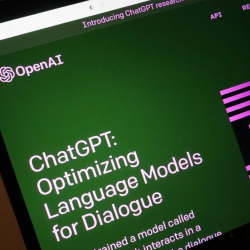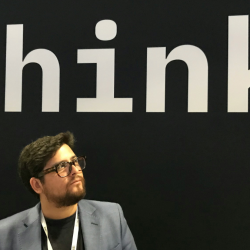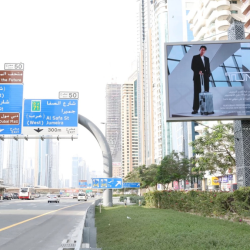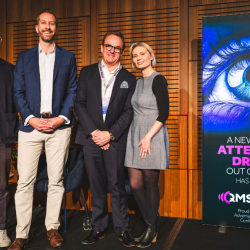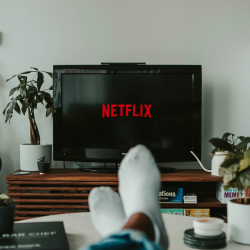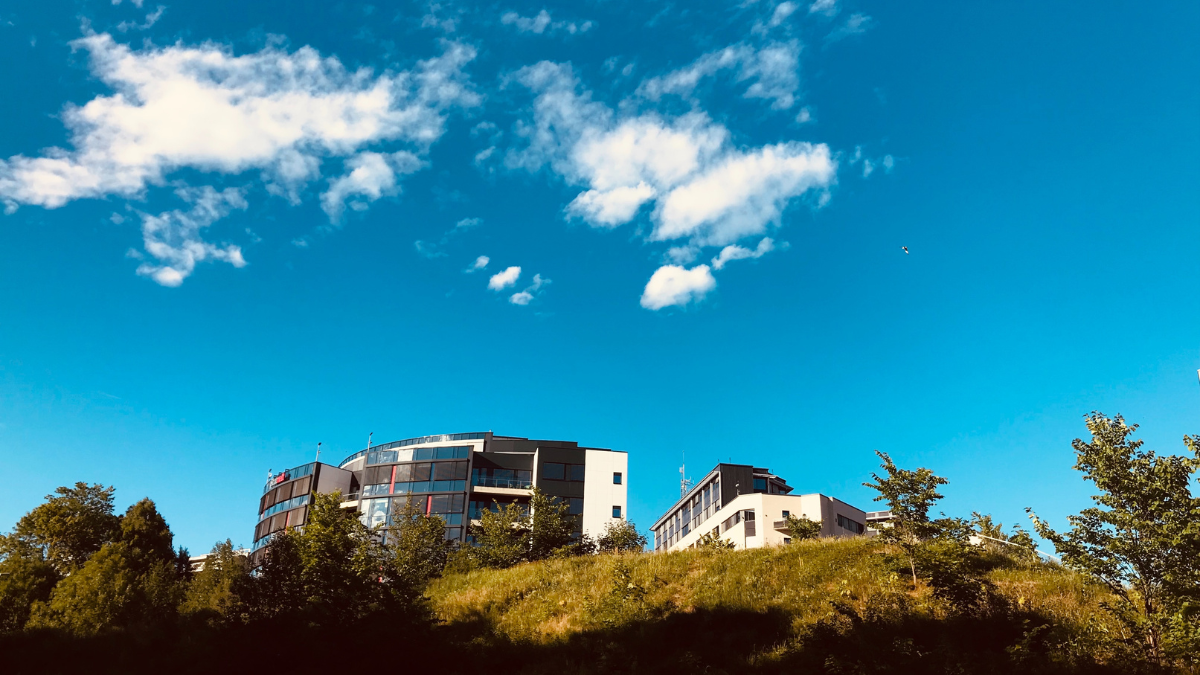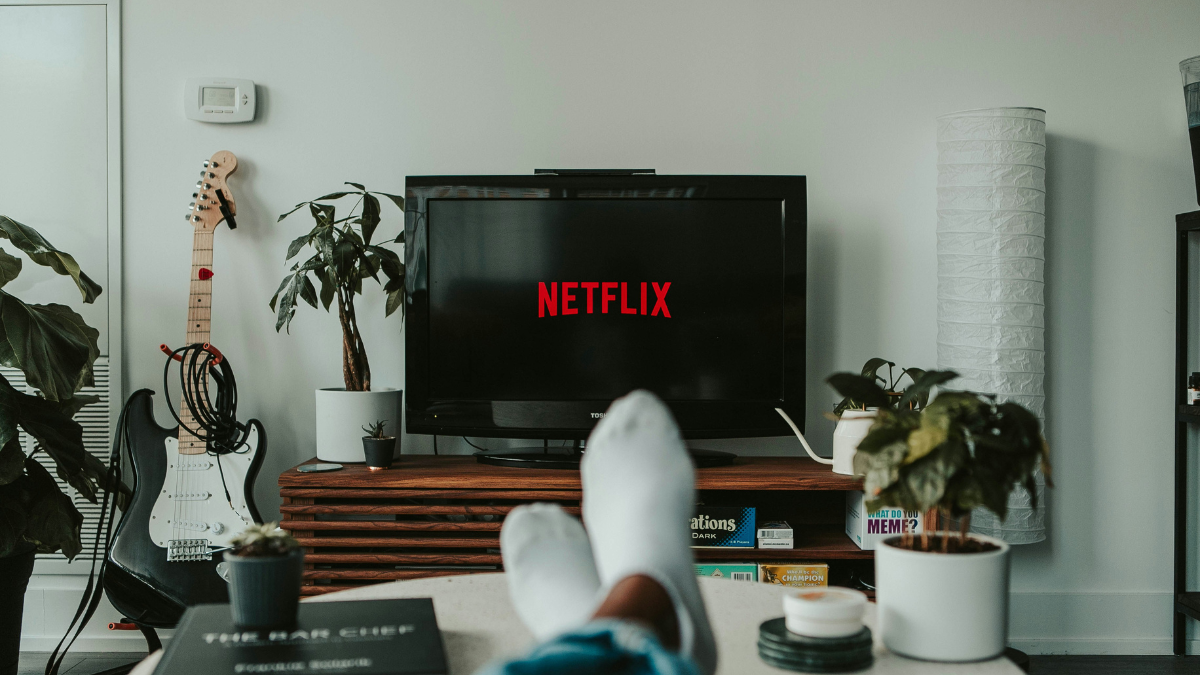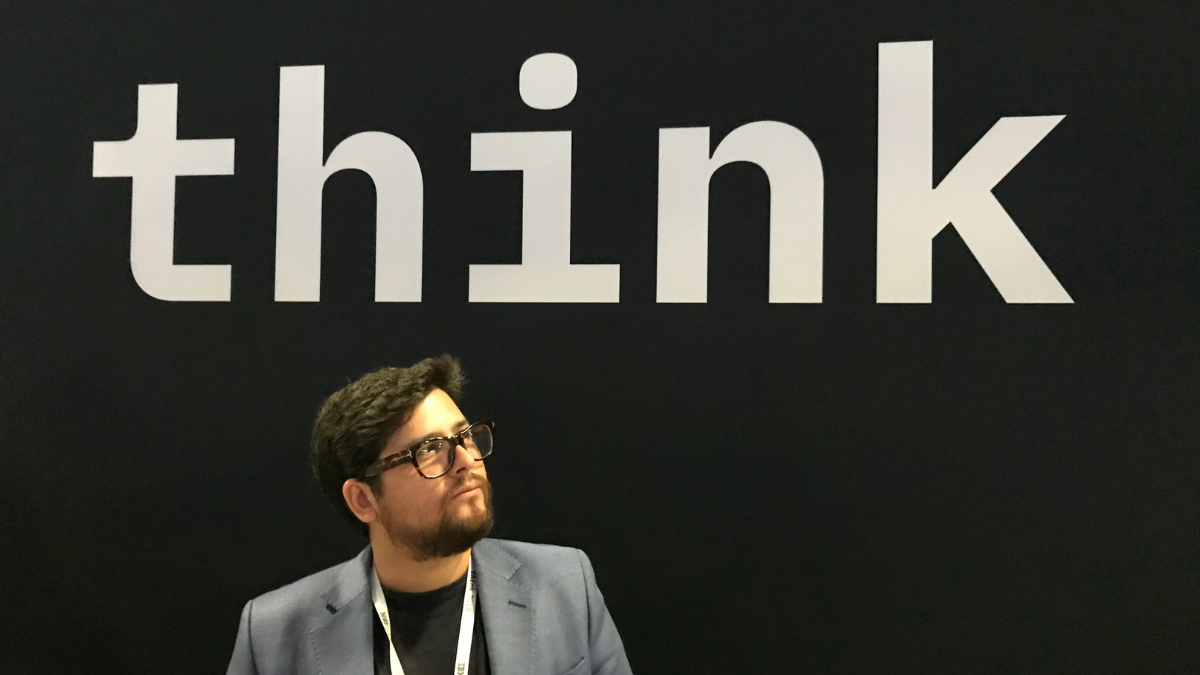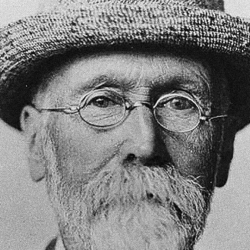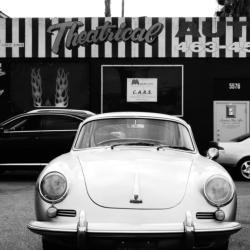The definition of legacy is: the long-lasting impact of particular events, actions, etc. that took place in the past, or of a person’s life. With the world going to shit, legacy has never been more important — but only if you leave the right one. And the way businesses can do that is to go B Corp.
But not just for the email signature and pitch decks: to actually live it, breathe it, and instil it throughout your business at every level, touchpoint, nook and cranny. It’s not about getting B Corp, it’s about being B Corp. That’s why we now say, ‘B Corp but better.’
A lot of the chat around B Corp is about how hard it is to achieve and how long it takes
But six months in, it doesn’t let up. It’s still hard, but it’s immeasurably worth it. So, because we know there are hundreds, if not thousands, of people looking to take the step to certify or already some way down the track, we thought as 6-month veterans, we would give some tips about how to make the most of it once you have it.
The first issue we faced was bandwidth. It’s such a new and potentially nebulous concept that it’s difficult to a) get people involved or b) decide which work-stream it falls into — or what budget line. We suggest finding the evangelists and warriors who truly believe in sustainability and enthuse them first. We started with a small team, empowered them and set them off. And they started to make real changes to the business. Changes that the rest of the staff noticed and benefited from — which then led them to get involved.
We now have a full team of people running this
They even have a name — Kin. And they are improving and future-proofing so many business areas under the three pillars of People, Planet and Profit. They have introduced things such as a mental health service, which offers access to therapists on demand, a matchable volunteering scheme, specifically defined training budgets, mental health first aid training and supporting a charity building schools in Nepal for which we’ve already built an entire school.
But as this enthusiasm and energy grew, so did the need for more budget. And this led to a big recalibration of mindset into re-investment. But you just have to stand by your convictions and trust that the investment will pay off — it definitely will, but it’s nerve-wracking at first. It’s not about people and planet over profit — it’s understanding that all three can work together.
You’ll also quickly need a strategic framework
Once up and running, living up to the B Corp challenge will end up touching every part of the business — without a proper framework, it’s unmanageable and would quickly become counterproductive.
And get ready to be all consumed by it. It’s not a line in a meeting. It’s the whole meeting. It’s not a tick box to tell clients about, it’s a new way of working with clients. It’s not a way to hire more people, it’s a new way of working with staff. For example, we just launched a media offering and because of the B Corp we are now working with green sustainable media partners. We have a sustainable pension company and actively look for other B Corp partners.
As with getting the certification in the first place, B Corp is hard work and takes time and energy. But by getting stuck in and being B Corp you can save the planet now and leave the right legacy once you’re done.
Featured image: Marla Prusik / Unsplash
